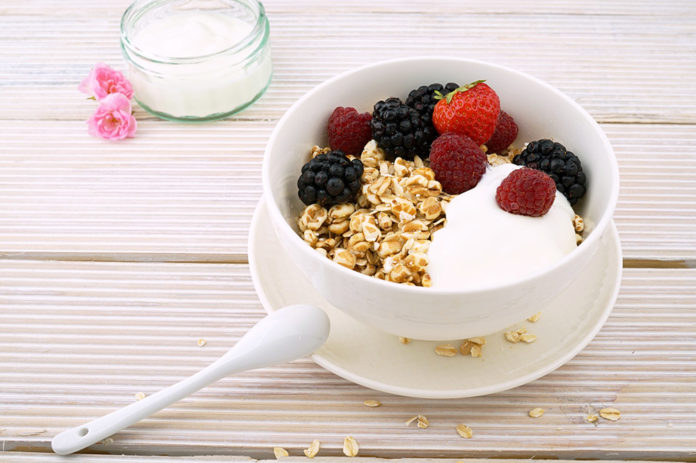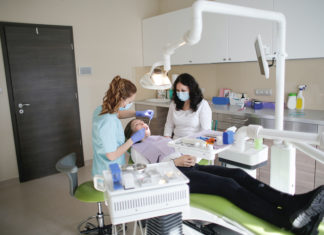We all know how bad eating sugary foods and drinking sugary drinks and fruit juices are for our teeth. In an effort to be healthy and choose food and drinks that contain less sugar, many people are turning to eating yoghurt as a snack and for a dessert following dinner thinking that it is much better for you than a sugary snack or pudding. However, yoghurt may not be as innocent as you may think!
According to a new study conducted by Leeds University, some popular brands of commercial yoghurt can contain more sugar per 100g than is found in cola and other fizzy pop drinks. Despite yoghurt being advertised as a healthy alternative to sweet snacks and puddings, many leading brands of yoghurt commonly sold in supermarkets were found to be full of sugar.
In there a more tooth-friendly yoghurt available?
If you want to take care of your teeth, as well as the oral health of your children, then the only yoghurt you should choose is one that is naturally low in sugar. These are known as full-fat natural or Greek-style yoghurt. Check the label if you are not sure and look at the nutritional breakdown to see if it is below 5g of sugar per 100g.
There is great evidence to support yoghurt as a healthy food, especially when compared to other foods, but most commercial yoghurt has been over processed and has a lot of added sugar to increase it’s appeal to the general public. Even yoghurt that has been labelled as organic can often have a lot of added sugar as well as sweetened fruit ingredients that add even more sugar to the finished product. This can mean consumers are unaware that they are adding extra sugar to their diet, thinking that they are actually eating something that good for their health.
Sugar consumption linked to poor oral health and obesity
People that eat a diet high in sugar are putting themselves at risk of developing obesity and poor oral health. Top nutritional researchers are calling for the government to make changes to the UK food labelling laws to make it easier for the general public to recognise unhealthy sugar content in food items.
Current food labelling laws do not require the manufacturer to include any declaration of added sugars on their products nutritional labels. A change in the law would mean that manufactures will be obliged to list the sugar content and enable consumers to make more educated choices.
Children’s yoghurt is even worse
In many cases, a concerned parent will buy yoghurt for their child thinking they are making a healthy choice. According to sales figures, children under the age of three consume the most yoghurt – even more than adults. Yoghurt can be a great source of protein, calcium, and vitamin B12, so it packs a very nutritional punch in one tasty serving.
However, many of the yoghurt brands that are targeted towards children can contain nearly half of a child’s recommended maximum daily sugar intake.












